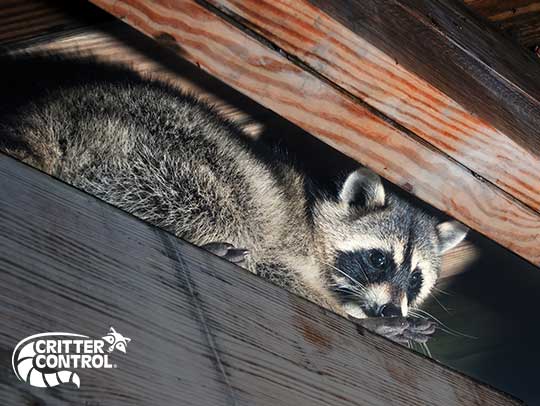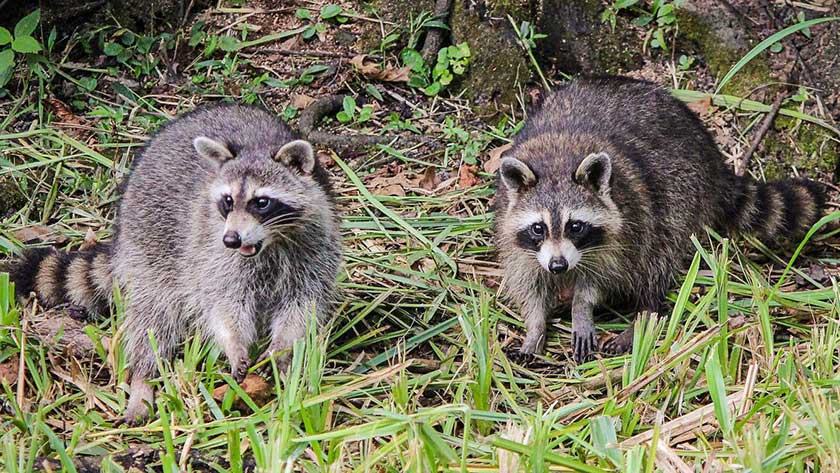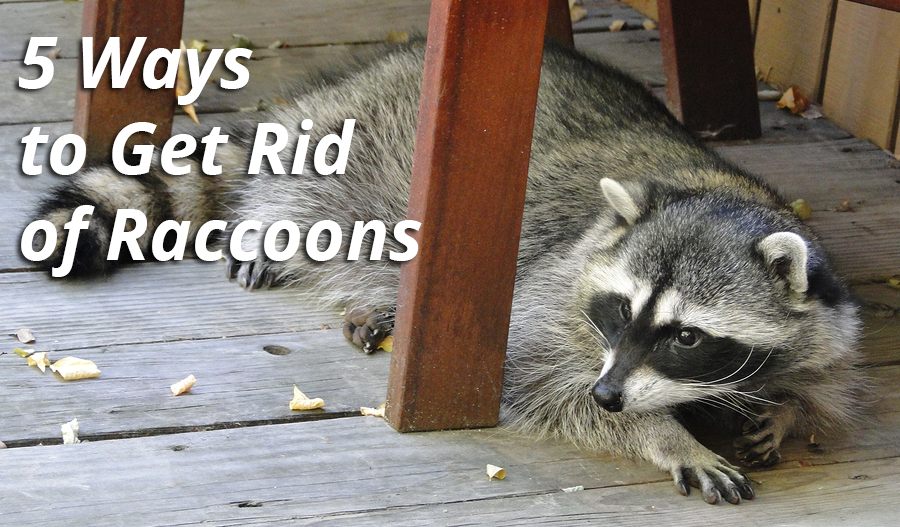Introduction
Dealing with raccoons can be a frustrating and challenging task for homeowners. These clever and adaptable creatures can cause significant damage to your property and become a nuisance. If you're wondering how to get rid of raccoons, you've come to the right place. In this article, we will explore various effective methods to keep raccoons away from your home and restore peace to your surroundings.
1. Identify the Problem
The first step in solving any problem is understanding it. Raccoons are nocturnal animals known for rummaging through trash cans, damaging gardens, and even entering homes. Before proceeding with any removal methods, it's crucial to identify the extent of the raccoon problem you're facing. Do you frequently spot raccoons in your yard? Have they caused any damage? Assessing the situation will help you determine the appropriate course of action.
2. Remove Attractants
Raccoons are often drawn to properties due to the presence of food and shelter. To deter them, it's essential to eliminate any potential attractants. Secure your trash cans with tight-fitting lids, remove fallen fruits or nuts from your yard, and store pet food indoors. By removing these temptations, you decrease the likelihood of raccoons visiting your property.

3. Seal Entry Points
Raccoons are skilled climbers and can find their way into your home through small openings. Inspect your property for any holes, gaps, or cracks that raccoons could use as entry points. Seal them off with sturdy materials like steel mesh or sheet metal. Pay close attention to areas around the roof, vents, and crawl spaces.

4. Install Motion-Activated Lights and Sprinklers
Raccoons prefer dark and quiet environments. By installing motion-activated lights and sprinklers in your yard, you can create a deterrent effect. The sudden activation of these devices can startle raccoons and encourage them to seek shelter elsewhere. This method is especially effective during nighttime when raccoons are most active.

5. Use Raccoon Repellents
There are various commercial raccoon repellents available in the market that emit strong odors or tastes that raccoons find unpleasant. These repellents can be applied to targeted areas such as trash cans, gardens, or potential entry points. Additionally, natural repellents like vinegar, ammonia, or hot pepper sprays can also be effective in deterring raccoons.

6. Employ Scare Tactics
Raccoons are cautious animals, and scare tactics can be successful in keeping them away. Use visual deterrents like scarecrows, reflective tape, or balloons to create an unappealing environment. Additionally, playing loud music or using ultrasonic devices that emit high-frequency sounds can also make raccoons uncomfortable and drive them away.

7. Try Live Trapping
If raccoons persist despite your efforts, live trapping can be an effective solution. It involves using humane traps baited with food to capture raccoons. Once caught, it's important to handle the situation carefully. Contact your local animal control or wildlife management agency for guidance on the proper release or relocation of raccoons.

Conclusion
Getting rid of raccoons requires a combination of preventative measures and active deterrents. By identifying the problem, removing attractants, sealing entry points, and utilizing various scare tactics or repellents, you can effectively keep raccoons away from your home. However, if the problem persists or poses a threat, it's advisable to seek professional assistance. Remember, maintaining a raccoon-free environment requires ongoing effort and diligence.